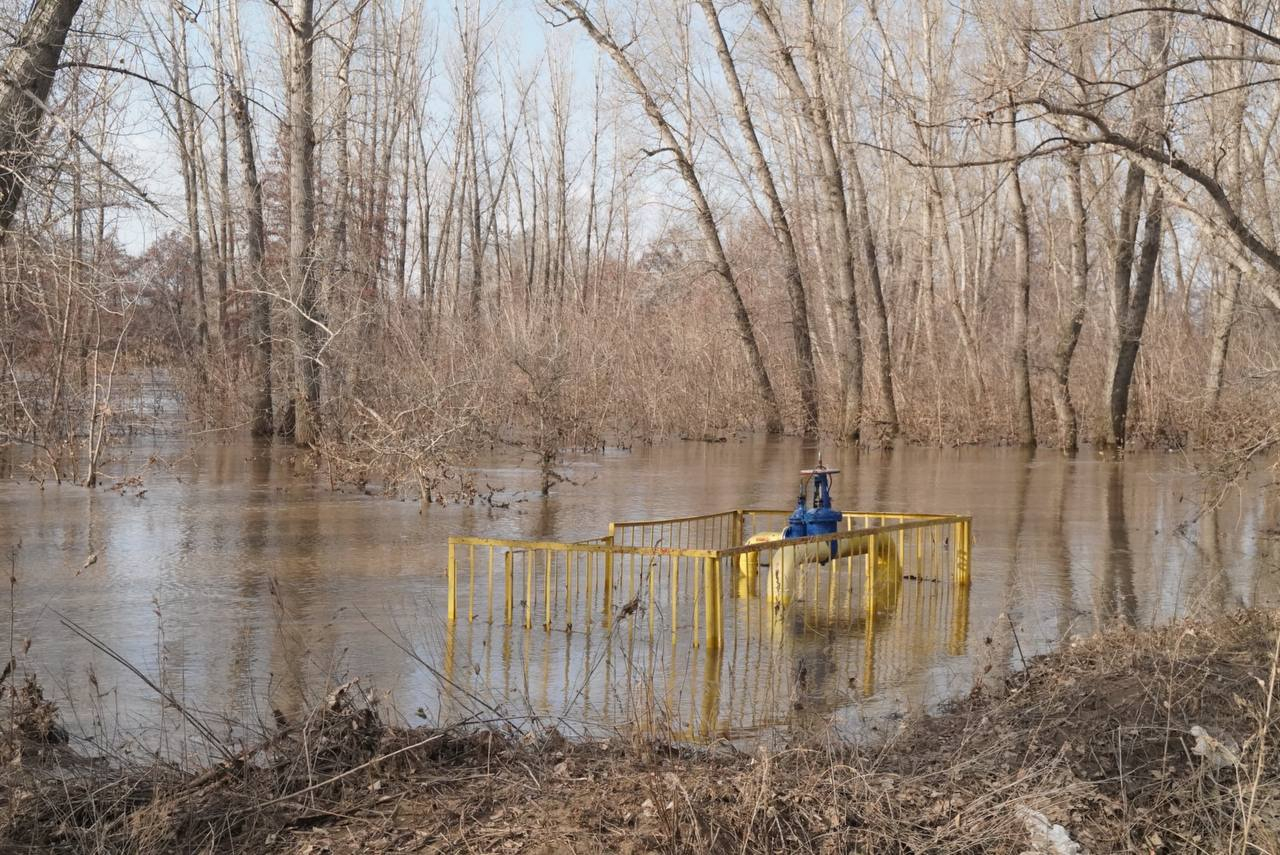The 2024 floods in Kazakhstan, the largest in many years, became yet another indicator that neither local nor central authorities are prepared for emergencies, and all the assurances coming from government officials about having the situation under control have failed the reality check.
Floods occur every year in Kazakhstan, often in the same regions. In 2010, a dam broke near Almaty; in 2011, the West Kazakhstan region flooded; in 2012, it was the South Kazakhstan region; in 2013, a dam broke in the Karaganda region; between 2014 and 2018 floods occurred everywhere across the northern regions. In 2020, a dam broke in the Sardoba reservoir in Uzbekistan, and this caused the flooding of a district in the Turkestan region; in 2022, floods affected the regions of Aktobe, West Kazakhstan, Pavlodar, and Karaganda; in 2023, once again the West Kazakhstan and Aktobe flooded, together with the Turkestan, Pavlodar, and Abay regions. This year, the most difficult flood situation is again in the northern and western regions.
Billions of tenge were allocated to prevent natural disasters and the state meteorological service Kazhydromet annually issues flood forecasts, with warnings for each region. And yet, every year the authorities turn out to be unprepared: “The water is suddenly rising again.” This year’s budget allocated 7 billion tenge ($15.7 million) for flood control measures and rescue teams, but the government only spent half the budget. At the same time, the ministry of emergency situations said that it was precisely the lack of funding that prevented the completion of several key projects ahead of the flood season.
Simple logic tells us that a snowy winter will eventually result in snowmelt, not just in rivers. The ministry of emergency situations saying that “water came from where we didn’t expect” when they only analyzed threats for rivers and reservoirs is a sign of lack of professionalism. And the flooding season’s peak is yet to come, as snow still covers almost a third of the country’s territory.
President Kassym-Jomart Tokayev and his government blamed the local governors for the floods: they are being accused of having underestimated the threat and failed to prepare, despite the warnings.
Every emergency situation unveils the government’s unpreparedness, be it an earthquake, with a faulty warning system, or floods, during which protesting residents of a flooded village are fined for holding an “illegal rally,” or forest fires that emergency workers cannot extinguish.
Prime Minister Olzhas Bektenov has promised “substantive checks” of officials, and Tokayev has already severely reprimanded a number of officials, including governors of the regions affected by floods. However, the problem is the systemic negligence that has developed over the decades and it is pointless to point the finger against individual officials.
The government continues to fail to learn lessons from past tragedies. And after large-scale floods, officials will again find themselves unprepared for the forthcoming summer drought and will again shift responsibility onto each other.
Поддержите журналистику, которой доверяют.








